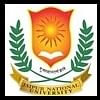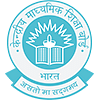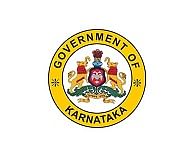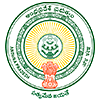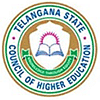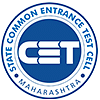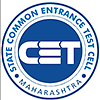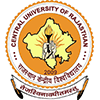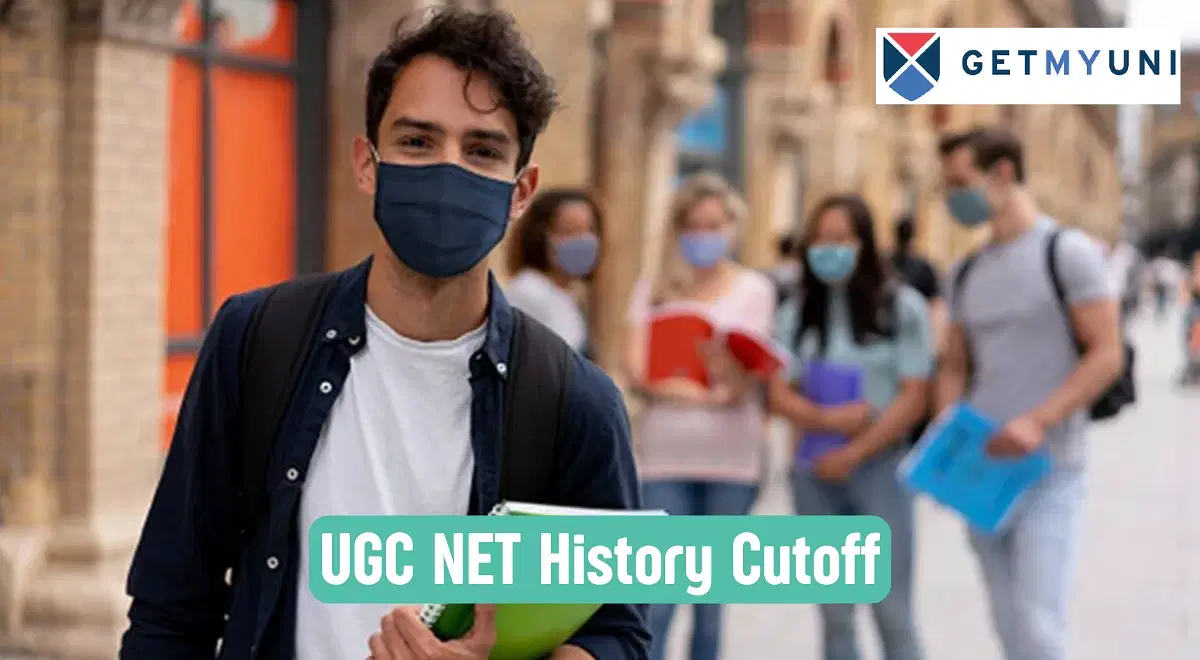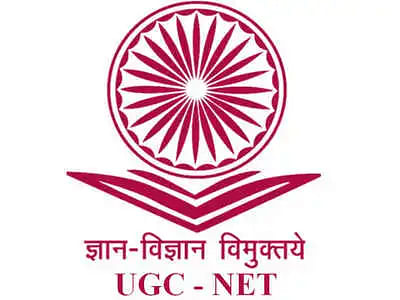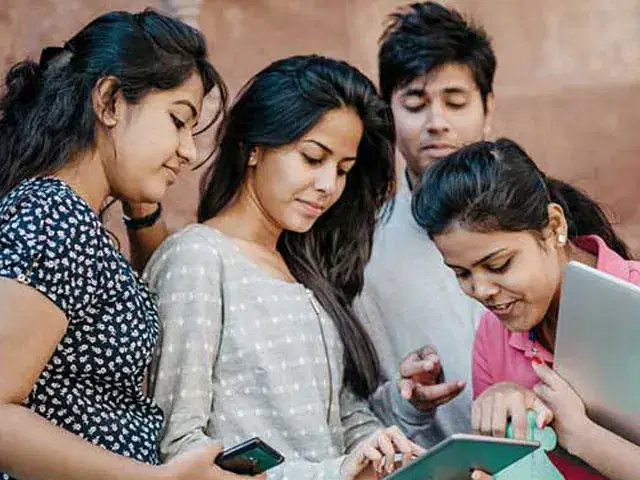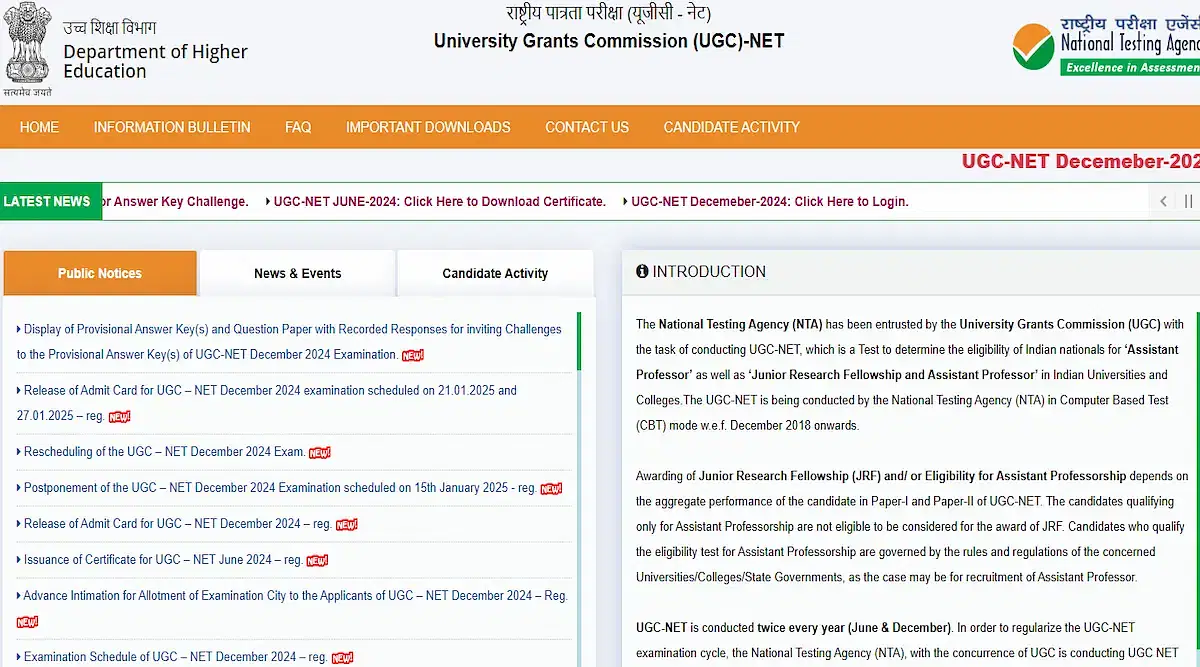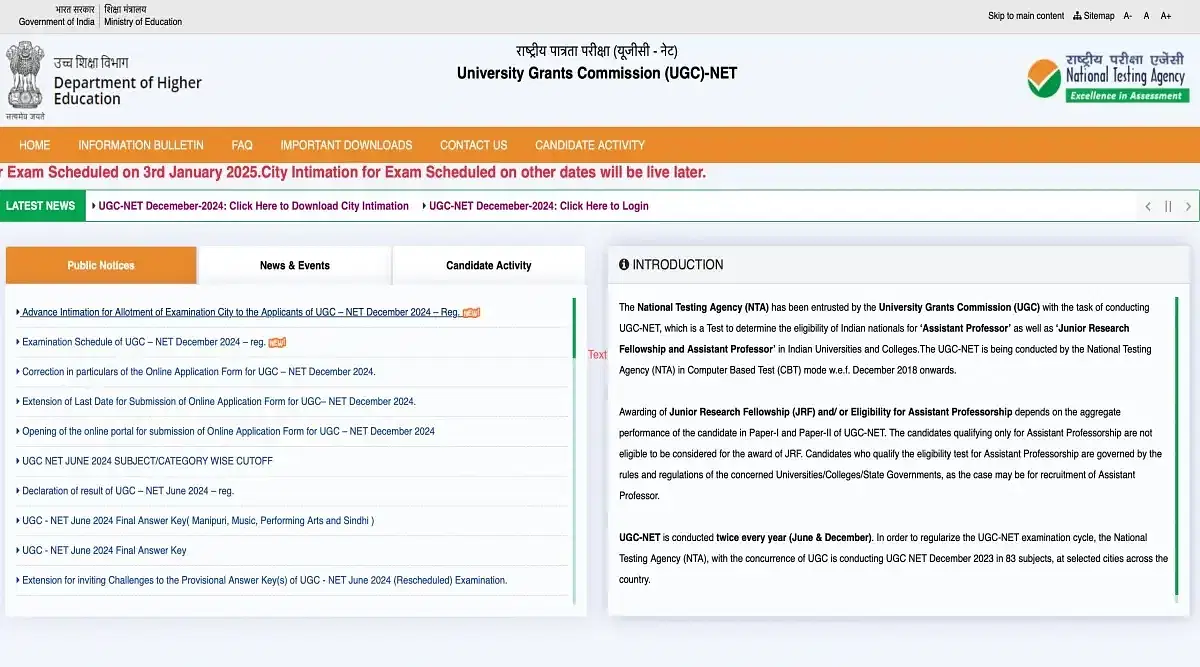
Table of Contents
UGC NET Sociology syllabus 2024 has the most interesting subjects. It deals with the study of human behavior, society, our interactions as well as the patterns surrounding them. In a manner of speaking, it’s the science of human behavior.
With that said, it falls under the essential subjects inUGC NET 2024. UGC NET 2024 Sociology syllabus topics are divided into their individual units, which further nest the related chapters and the topics.
UGC NET Sociology Syllabus 2024: PDF
UGC NET sociology syllabus 2024 has been provided in the table below for applicants reference.
| Particulars | Link |
| UGC NET Sociology Syllabus PDF | Download PDF |
UGC NET 2024 Sociology Syllabus Subject-Wise
As far as the sociology NET syllabus is concerned, every unit presented below is somehow interconnected with each other. Hence, it's important to be thorough with it during your preparations.
Moreover, we encourage you to branch out a bit by exploring different books and resources, including online content, in order to have a deeper understanding of the subjects below.
- Sociology Theory
- Research Methodology and Methods
- Basic Concepts and Institutions
- Rural and Urban Transformations
- State, Politics, and Development
- Economy and Society
- Environment and Society
- Family, Marriage, and Kinship
- Science, Technology, and Society
- Culture and Symbolic Transformations
1. Sociology Theory
This unit is all about exploring the different sociological theories and perspectives held by multiple famous sociologists and philosophers, and postmodernism etc.
Classical Sociological Traditions
- Emile Durkheim
- Max Weber
- Karl Marx
Functionalism and Structuralism
- Bronisław Malinowski
- Talcott Parsons
- Robert K Merton
- AR Radcliffe-Brown
- Claude Levi Strauss
Hermeneutic and Interpretive Traditions
- G.H. Mead
- Karl Manheim
- Alfred Schutz
- Harold Garfinkel
- Erving Goffman
- Clifford Geertz
Postmodernism, Poststructuralism, Postcolonialism
- Edward Said
- Pierre Bourdieu
- Michel Foucault
- Jurgen Habermas
- Anthony Giddens
- Manuel Castells
Indian Thinkers
- M.K. Gandhi
- B.R. Ambedkar
- Radha Kamal Mukherjee
- G. S. Ghurye
- M.N. Srinivas
- Irawati Karve
2. Research Methodology and Methods
The students will deal with chapters such as social reality, research design, qualitative and quantitative methods, and techniques.
Conceptualising Social Reality
- Philosophy of Science
- Scientific Method and Epistemology in Social Science
- Hermeneutic Traditions
- Objectivity and Reflexivity in Social Science
- Ethics and Politics
Formulating Research Design
- Reading Social Science Research, Data, and Documents
- Induction and Deduction
- Fact, Concept, and Theory
- Hypotheses, Research Questions, Objectives
Quantitative and Qualitative Methods
- Ethnography
- Survey Method
- Historical Method
- Comparative Method
Techniques
- Sampling
- Questionnaire and Schedule
- Statistical Analysis
- Observation, Interview, and Case study
- Interpretation, Data Analysis, and Report Writing
3. Basic Concepts and Institutions
It is by far the most important unit since it forms a strong foundation for you if you plan to go after prospects related to Sociology and further studies.
Sociological Concepts
- Social Structure
- Culture
- Network
- Status and Role
- Identity
- Community
- Diaspora
- Values, Norms, and Rules
- Personhood, Habitus, and Agency
- Bureaucracy, Power and Authority
Social Institutions
- Marriage, Family, and Kinship
- Economy
- Polity
- Religion
- Education
- Law and Customs
Social Stratification
- Social Difference, Hierarchy, Inequality, and Marginalization
- Caste and Class
- Gender, Sexuality, and Disability
- Race, Tribe, and Ethnicity
Social Change and Processes
- Evolution and Diffusion
- Modernization and Development
- Social Transformations and Globalization
- Social Mobility
4. Rural and Urban Transformations
This unit largely covers the types of society in India, what the differences are between them, the sociological behaviors shared in those societies, what sort of communities are normally found in them, and many more.
Rural and Peasant Society
- Caste-Tribe Settlements
- Agrarian Social Structure and Emergent Class Relations
- Land Ownership and Agrarian Relations
- Decline of Agrarian Economy
- Depeasantisation and Migration
- Agrarian Unrest and Peasant Movements
- Changing Inter-Community Relations and Violence
Urban Society
- Urbanism, Urbanity, and Urbanization
- Towns, Cities, and Mega-Cities
- Industry, Service, and Business
- Neighborhood, Slums and Ethnic Enclaves
- Middle Class and Gated Communities
- Urban Movements and Violence
5. State, Politics, and Development
This unit dives deep into the political matters of the country, wherein the student will learn about the state, the general politics surrounding it, bureaucracy and culture, the role of multiple for-profit and nonprofit organisations, the laws and the abiding society, and much more.
Political Processes in India
- Tribe, Nation-State and Border
- Bureaucracy
- Governance and Development
- Public Policy: Health, Education, and Livelihoods
- Political Culture
- Grass-root Democracy
- Law and Society
- Gender and Development
- Corruption
- Role of International Development Organizations
Social Movements and Protests
- Political Factions, Pressure Groups
- Movements based on Caste, Ethnicity, Ideology, Gender, Disability, Religion, and Region
- Civil Society and Citizenship
- NGOs, Activism and Leadership
- Reservations and Politics
6. Economy and Society
As the student will dive deep into this unit, they will understand more about society and the economic aspects that drive it, such as properties, e-commerce, labor and market, marketing, consumption, and other such topics that tie strongly to economics.
Economy and Society
- Capital, Exchange, Gift, Labour, and Market
- Mode of Production Debates
- Property and Property Relations
- State and Market: Welfarism and Neoliberalism
- Models of Economic Development
- Poverty and Exclusion
- Factory and Industry Systems
- Changing Nature of Labour Relations
- Gender and Labour Process
- Business and Family
- Digital Economy, E-Commerce
- Global Business and Corporates
- Tourism
- Consumption
7. Environment and Society
This unit largely covers topics related to the relationship formed between the environment and the society, such as rehabilitation, public health, environmental pollution, agriculture, biodiversity, indigenous systems, climate change and our attitude towards it, etc.
Environment and Society
- Diverse Forms of Social and Cultural Ecology
- Technological Change, Agriculture and Biodiversity
- Indigenous Knowledge Systems and Ethno-Medicine
- Gender and Environment
- Forest Policies, Adivasis and Exclusion
- Ecological Degradation and Migration
- Development, Displacement, and Rehabilitation
- Water and Social Exclusion
- Disasters and Community Responses
- Environmental Pollution, Public Health, and Disability
- Climate Change and International Policies
- Environmental Movements
8. Family, Marriage, and Kinship
This unit is entirely a dive into more intimate matters, wherein the student will learn about the socio-cultural aspects of marriages, families, gender and sexuality, emotions, domestic violence and crime against women, practices surrounding marriage and support systems, etc.
Family, Marriage, and Kinship
- Theoretical Approaches: Structure-Functionalist, Alliance, and Cultural
- Gender Relations and Power Dynamics
- Inheritance, Succession, and Authority
- Gender, Sexuality, and Reproduction
- Children, Youth, and Elderly
- Emotions and Family
- Emergent Forms of Family
- Changing Marriage Practices
- Changing Care and Support Systems
- Family Laws
- Domestic Violence and Crime against Women
- Honour Killing
9. Science, Technology, and Society
This is possibly the most technical unit under Sociology. The student gets to learn about the societal development surrounding science and technology, the virtual communities formed by them, the boundaries and advantages, how they influence our daily lives, the long-term effects of technology, and its misuses.
Science, Technology, and Society
- History of Technological Development
- Changing notions of Time and Space
- Flows and Boundaries
- Virtual Community
- Media: Print and Electronic, Visual and Social Media
- E-Governance and Surveillance Society
- Technology and Emerging Political Processes
- State Policy, Digital Divide and Inclusion
- Technology and Changing Family Relations
- Technology and Changing Health Systems
- Food and Technology
- Cyber Crime
10. Culture and Symbolic Transformations
This unit goes more into abstract concepts that hold a significant value in societies, such as signs and symbols, rituals and beliefs, the economy around morals and ethical values, piety and spiritualism, arts, aesthetics, sports and more.
Culture and Symbolic Transformations
- Signs and Symbols
- Rituals, Beliefs, and Practices
- Changing Material Culture
- Moral Economy
- Education: Formal and Informal
- Religious Organizations, Piety, and Spirituality
- Commodification of Rituals
- Communalism and Secularism
- Cultural Identity and Mobilization
- Culture and Politics
- Gender, Body, and Culture
- Art and Aesthetics
- Ethics and Morality
- Sports and Culture
- Pilgrimage and Religious Tourism
- Religion and Economy
- Culture and Environment
- New Religious Movements
UGC NET 2024 Best Books for Sociology
Here are the top five best UGC NET sociology books for preparation purposes. Keep in mind that not every book will provide knowledge and information on all of the topics stated above, so we encourage that you try and get all the books listed below to cover as much as you can.
| Books | Authors |
| Trueman’s UGC NET Sociology | S Hussain |
| Sociology: Themes and Perspectives | Haralambos |
| UGC NET: Sociology Exam Guide | RPH Editorial |
| Essential Sociology | Seema and Nitin Sangwan |
| Sociological Theory | George Ritzer |
Preparation Tips for UGC NET Sociology 2024
To appear for any exam, proper preparation is necessary. In the case of NET, the competition level is quite high, and candidates need to apply proper techniques to crack the exam. Here are a few tips:
- Candidates must structure a proper timetable and stick to it.
- Before starting the preparation, following the exam pattern and syllabus is highly recommended.
- Next, following previous years' question paper is helpful.
- Candidates must include dedicated time for revising each topic after a substantial amount of syllabus is covered.
- Lastly, candidates can appear for mock tests and improvise their study patterns accordingly.
Read More:UGC NET exam pattern 2024


